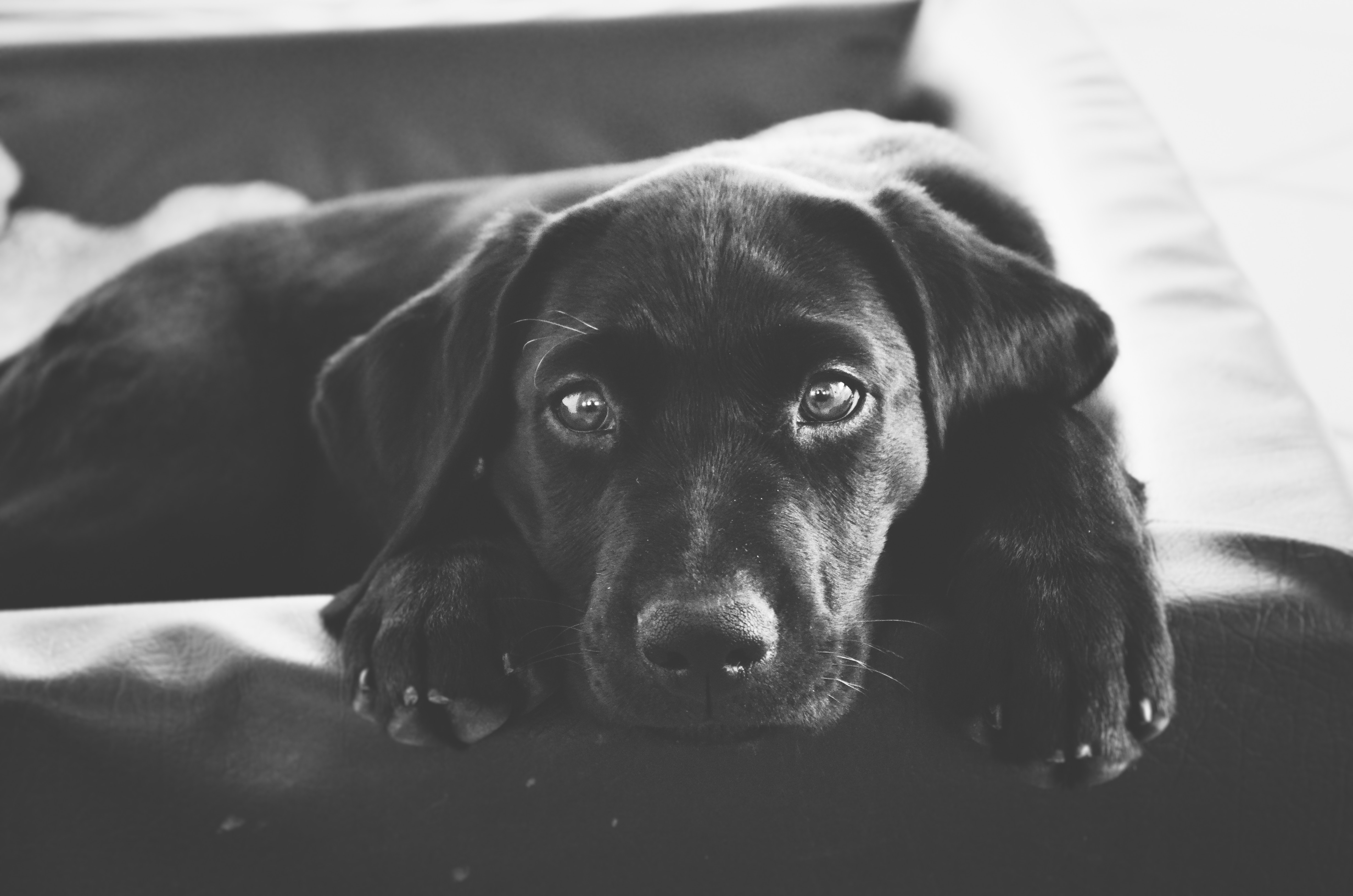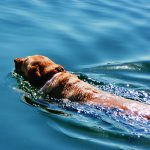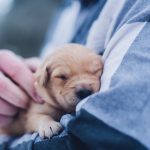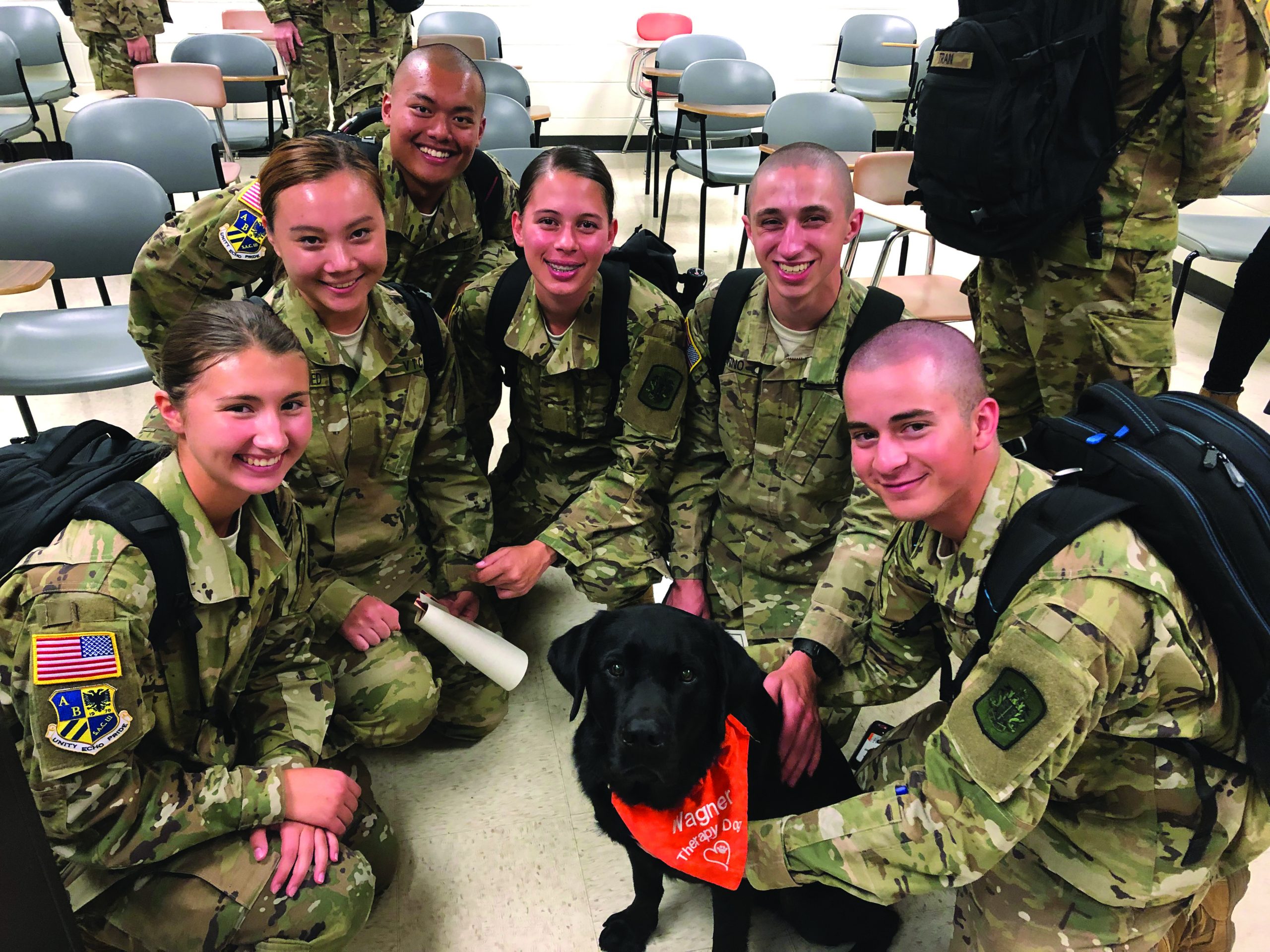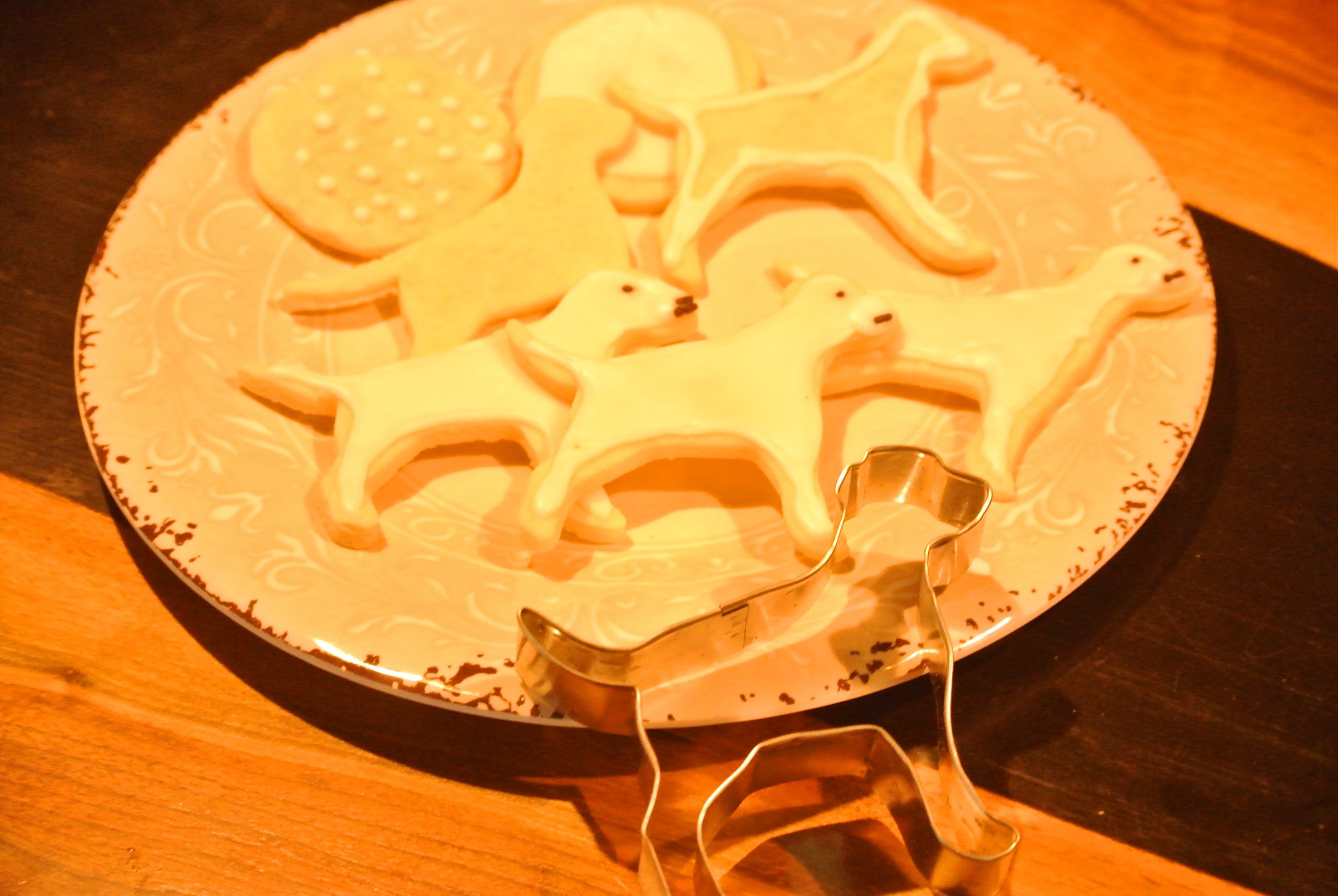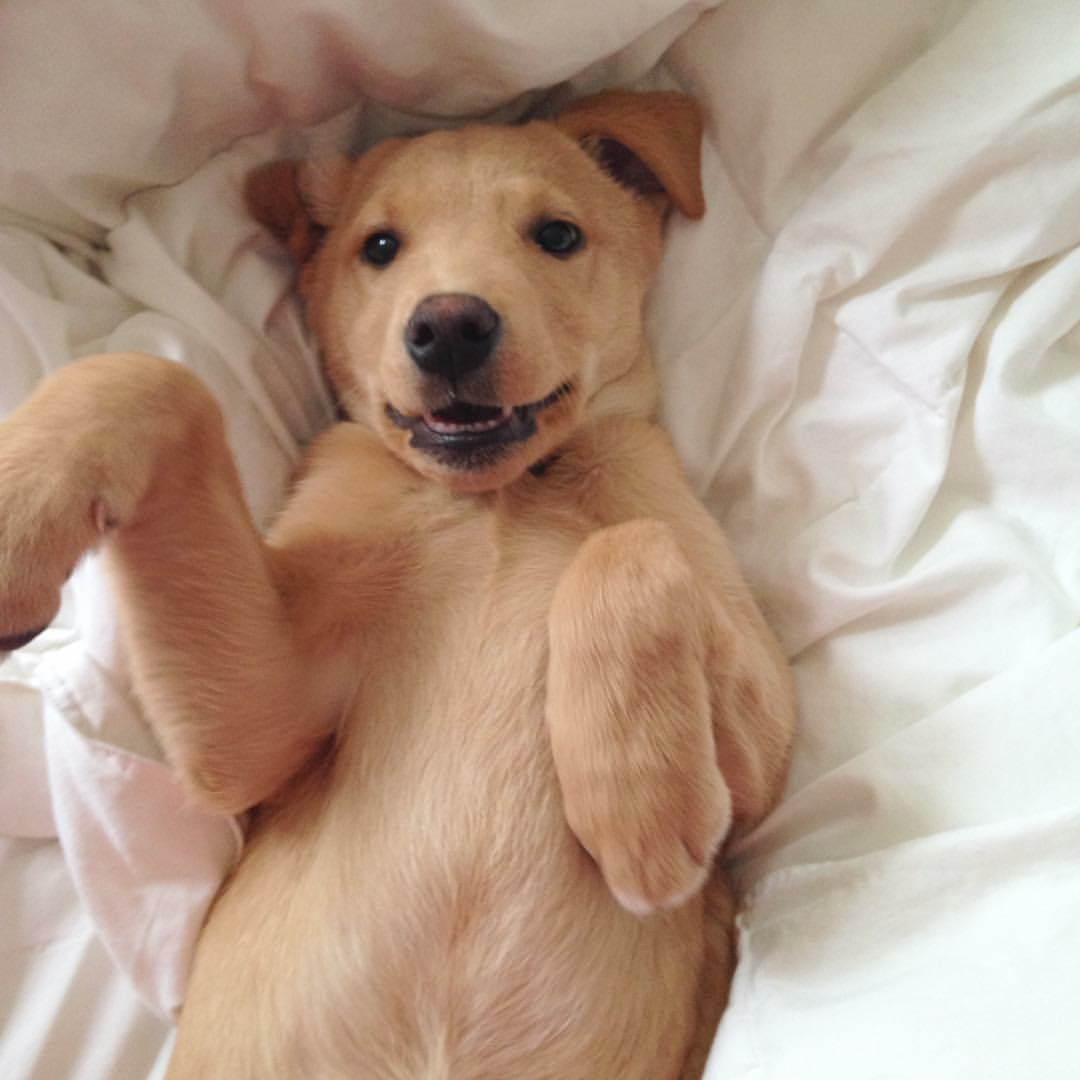by Reginald Gates
As curious puppies with big appetites, young Labrador retrievers tend to be good eaters. But sometimes this trait can lead to the puppies eating things beyond their puppy food. Toys, socks, leaves, sticks, and other pets’ food are examples of things Labrador puppies may decide to chew on or eat. Some Labrador puppies actually learn to hover in the kitchen, waiting for someone to drop human food on the floor to eat it quickly before it can be picked up.
Some of the things that Labrador puppies ingest can actually be harmful to them, so it’s very important to keep them on a strict diet of puppy food. Some items can lead to intestinal obstruction or cause damage the GI tract. Some human foods, such as grapes or chocolate, can be toxic.
If an owner witnesses or thinks their puppy has eaten something that it shouldn’t, they should immediately call a veterinarian for advice and plan for a possible emergency trip to a veterinary hospital.
“Do not try to induce vomiting at home unless you are given instructions to do so,” warns Dr. Brenda Kennedy (National Director of Canine Health and Research).
Some objects can get stuck in the esophagus, and some chemicals can cause severe irritation to the lungs if inhaled while vomiting. It is best to go to the veterinarian as soon as possible. An owner should not wait to see if their puppy starts showing signs of a problem, because prompt treatment for a toxin or removal of a foreign body while it is still in the stomach is the best way to prevent serious (or even deadly) complications. The most important thing you can do for your Lab to minimize risk is to carefully supervise your puppy and “puppy-proof” the house and yard as much as possible. Be especially careful about toys: If your puppy starts to chew off pieces, it’s time to throw that toy away!
“Your vet is the best person to provide guidance on how to handle anything your puppy may have ingested,” adds Dr. Brent Mayabb, vice president of corporate affairs and chief veterinary officer for Royal Canin USA. “Focusing on the nutrition that your Labrador puppy needs to be healthy. You should select a high quality food that’s designed specifically for the unique growth of large breed puppies, such as Royal Canin® Labrador retriever puppy dog food.”
Large breed puppies have a longer growth stage, sometimes extending to 18 months. During this time it’s critical to provide the right levels of nutrients such as protein for tissue growth and development, and calcium and phosphorus to support proper bone growth.
Labradors have unique waterproof coats, and selecting a diet with the right nutrients can support healthy skin and coat. B vitamins, amino acids, and essential fatty acids are all important in providing the right building blocks for coat health.
All puppies have fragile immune systems at birth, and Lab puppies are no different. The immune function of the puppy will develop over time and with the vaccinations recommended by your veterinarian, but nutrition can also play a role. Antioxidants can help support a healthy immune system, so choosing a puppy food with the right antioxidants is critically important.
A key element in feeding puppies is feeding the right amount of food. They need enough food to support their growth, coat health, and immune function, but not too much, as it can lead to obesity and developmental bone issues. The pet food you select will provide a feeding recommendation or you can always ask your vet. You can break the total daily feeding amount into multiple meals, but do not “free feed,” which means always keeping food in the bowl. Being voracious eaters, Labradors tend to eat beyond their nutritional needs.
For a healthy puppy, provide the right nutrition while keeping away things that can be dangerous. This will help get your Labrador off to a good start for a long and healthy life.

